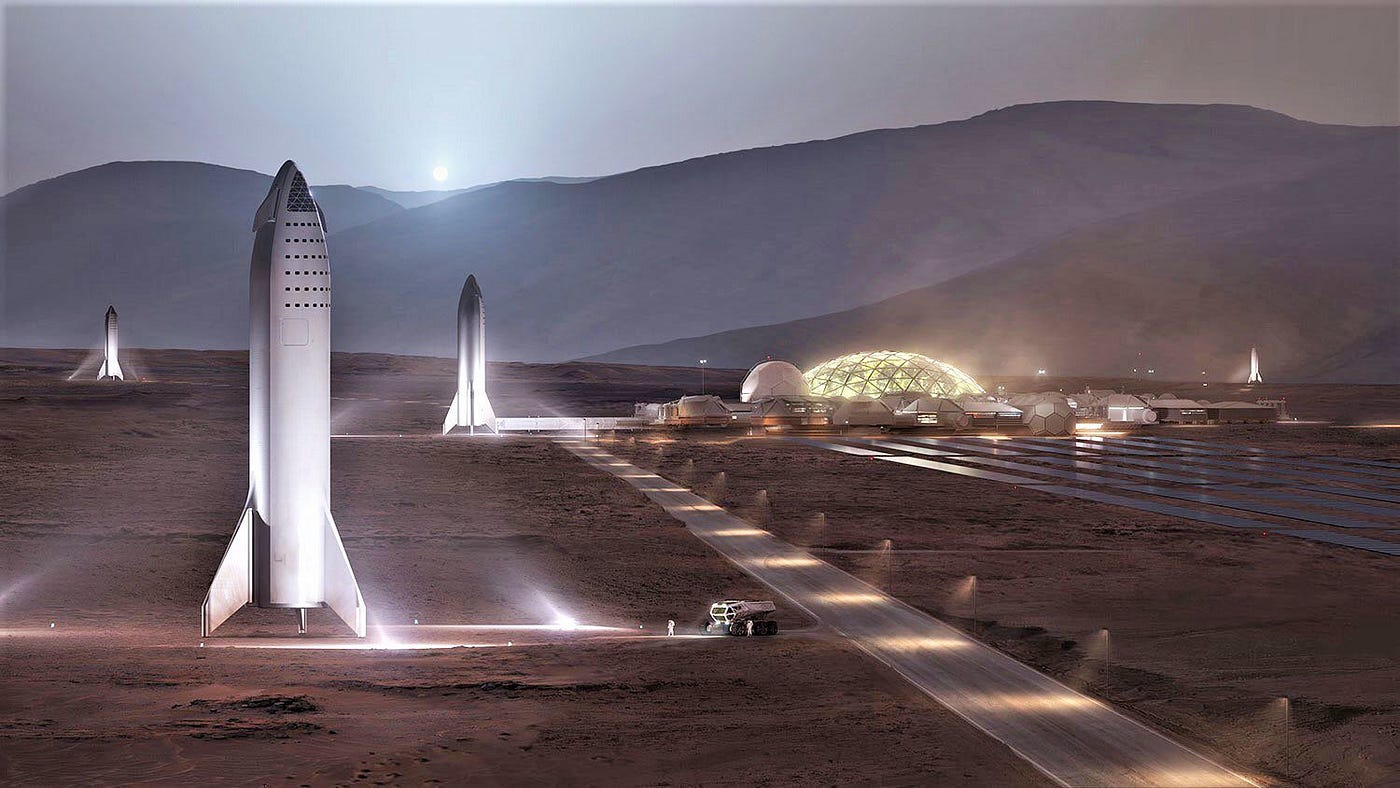Space exploration has captivated humanity for decades, from the first moon landing to the exploration of Mars and beyond. As technology advances, the possibilities for future space missions are boundless. This article explores what’s next for space exploration and the exciting projects that will take humanity deeper into the cosmos.
1. The Advancements in Space Technology
Recent advancements in space technology have made space travel more efficient and cost-effective. Companies like SpaceX and Blue Origin are pushing the boundaries of space exploration, with reusable rockets that drastically reduce the cost of space missions. Innovations in AI and robotics also promise to revolutionize how we explore distant planets and moons.
2. The Race to Mars
Mars has become the next frontier for human exploration. NASA’s Artemis program aims to return humans to the Moon in preparation for future missions to Mars. SpaceX’s Starship program has been designed with Mars missions in mind, with the goal of establishing a permanent human settlement on the Red Planet. However, significant challenges remain, such as radiation exposure, long-duration space travel, and developing sustainable life support systems.
3. The Role of Private Companies in Space Exploration
Private companies are playing an increasingly vital role in space exploration. Companies like SpaceX, Blue Origin, and Virgin Galactic are opening up space travel to private citizens and advancing space technology. Their efforts are not just about tourism; they are developing new spacecraft and systems that could lead to significant discoveries in space and enable future exploration missions.
4. The Search for Extraterrestrial Life
Space agencies and research organizations are not only focusing on human exploration but also the search for extraterrestrial life. Missions like NASA’s Perseverance rover on Mars and the James Webb Space Telescope are helping to answer the age-old question: Are we alone in the universe? Finding signs of life, past or present, could fundamentally change our understanding of the cosmos.
5. Colonizing Space: The Challenges Ahead
While the idea of colonizing space may seem like science fiction, it is quickly becoming a realistic goal. For long-term survival, human colonies on Mars or the Moon will need to be self-sustaining. This means developing efficient food systems, advanced healthcare, and life support technologies to make living in space a viable option for future generations.
Conclusion:
The future of space exploration holds immense promise, with plans to explore Mars, establish colonies on other planets, and answer fundamental questions about life beyond Earth. As technology continues to evolve, the next era of space exploration will undoubtedly be marked by incredible discoveries and achievements.

